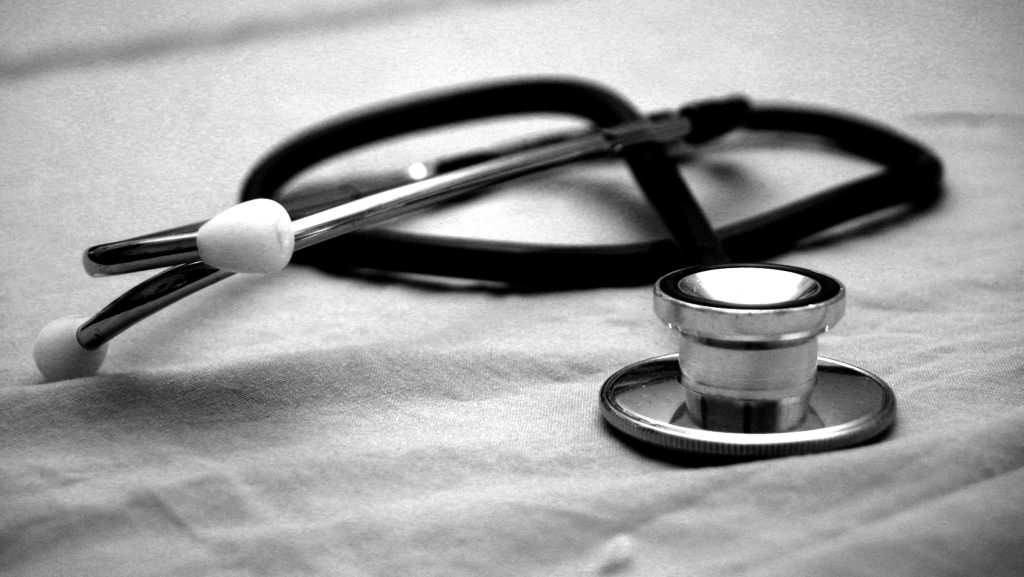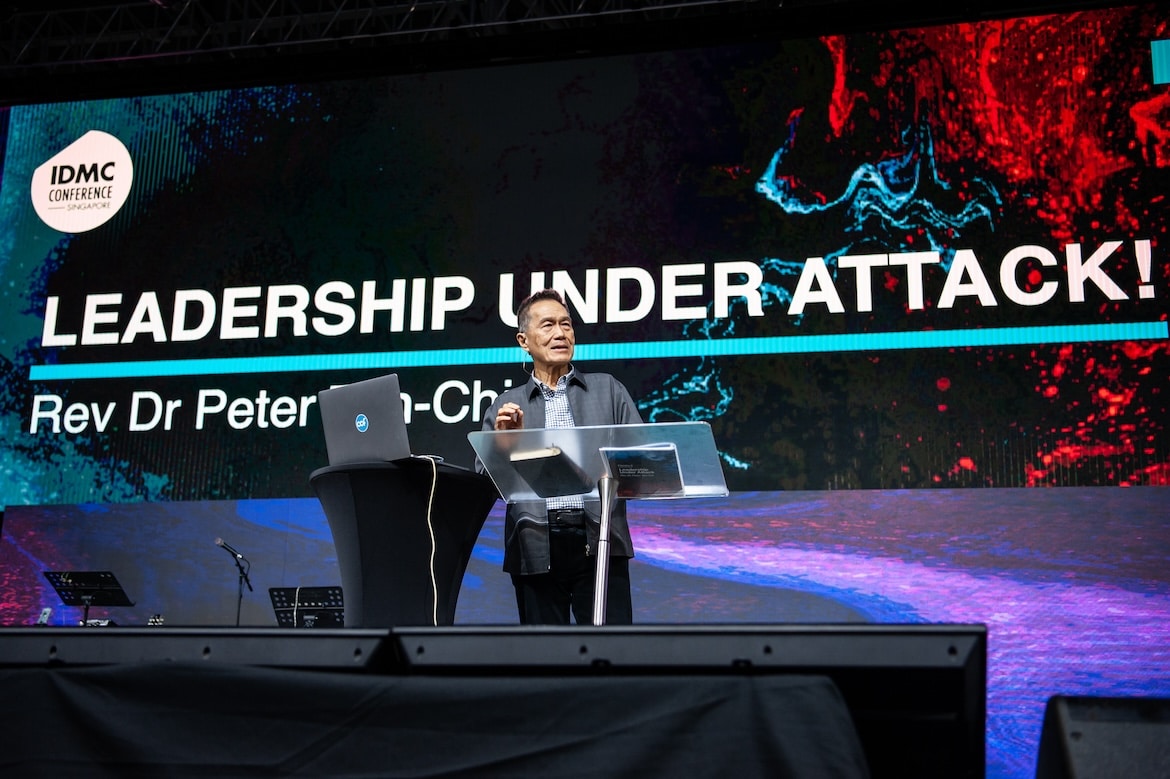
Hush Naidoo/Unsplash.com
As an interventional cardiologist, I am often summoned back to the hospital at odd times to treat heart attack patients. Despite the inconvenience and interruptions, I am delighted to know that my skill and training results in lives being saved.
Understandably, many patients are apprehensive during the procedure. So I frequently talk to my patients to alleviate their anxiety when opening up their blocked artery.
It was on one of these dark and quiet nights that I met with a tall, gentle, elderly Englishman with a commanding voice. His name was Dennis, and instead of talking about his condition, he articulated his frustration at suffering from a heart attack after having undergone a thorough examination by a renowned cardiologist two weeks earlier.
Silent threat
Yes, even with the most advanced technology, medical science cannot always predict when the next heart attack will occur. It reminds me of Jeremiah 17:9 (NASB): “The heart is more deceitful than all else and is desperately sick; who can understand it?”
Yet we pride ourselves on our intellect and our ability to reason. Indeed, our civilisation has made tremendous advancements because we can innovate and improve on ourselves.
But it has also allowed us to rationalise our thoughts and behaviours. And what happens? Our heart has become “more deceitful than all else”. We are good in justifying our words and deeds.
Can we define the condition of our heart clearly? The so-called experts are limited by their knowledge and understanding. Only the Creator can fully comprehend His creation.
Can we define the condition of our heart clearly? The so-called experts are limited by their knowledge and understanding. Only the Creator can fully comprehend His creation.
Recognising his origin, the psalmist called out:
Search me, O God, and know my heart. (Psalm 139:23)
The spiritual examination performed by the One who knows us all will surely make our souls well.
Understandably, when we visit the doctor, an appointment is usually set up earlier. Before he or she conducts a consultation, it is presumed that the patient has given consent to be interviewed and examined. Otherwise, touching another person’s body may constitute as assault, which, in many countries, is a criminal offence.
Similarly, when we make time to be with God, we have to allow Him to scrutinise our heart. Yes, we have to ask Him and grant Him permission to do it.
The process may be embarrassing, uncomfortable and sometimes painful. It may be long. But He is more than a professional.
More importantly, He already knows our thoughts and our actions. These encounters are to help us align with His will and to set our “mind on the things above” (Colossians 3:2).
Discipline’s long road
After being given a new lease on life, Dennis began his process of rehabilitation. Fortunately, he came in early and his heart function was preserved.
Dennis had to adjust to his new lifestyle. Several medicines were prescribed to treat his condition and to prevent another heart attack. He also received advice on his diet and exercise. These changes were drastic, particularly for someone who had been set in his ways for years.
But there was no necessity for him to give up everything. Despite his age, Dennis was able to return to dancing, an activity he enjoyed very much. It was also an excellent form of exercise.
As part of his road to recovery, he returned to the clinic for regular reviews. Sometimes, his reports were good and we were glad. At other times, I had to nag at him and encourage him to persevere in healthy living.
His medicines might be changed and the doses could be modified. The process went on for years. It was tough. Both doctor and patient worked hard together to achieve a favourable outcome.
This challenge reminds us that we too have a role to play in our spiritual life, to “watch over your heart will all diligence; for from it flow the springs of life” (Proverbs 4:23 NASB).
We know that once the heart stops beating, the person dies. If we treasure our souls, we need to be vigilant, we may need help from others, and we need to do what it takes to become who we ought to be.
Now and then, we read or hear about high-tech innovations that treat heart disease. These novel interventions tend to benefit few and are likely to be exorbitant. There is no shortcut for most of us. It is just plodding along day after day. We have to maintain our discipline in our eating, physical activity and even sleep.
Likewise, our spiritual journey is demanding. May the grace and mercy of the Almighty be with us as we learn to love the Lord our God with all our heart, soul and mind (Matthew 22:37).
We are an independent, non-profit organisation that relies on the generosity of our readers, such as yourself, to continue serving the kingdom. Every dollar donated goes directly back into our editorial coverage.
Would you consider partnering with us in our kingdom work by supporting us financially, either as a one-off donation, or a recurring pledge?
Support Salt&Light



